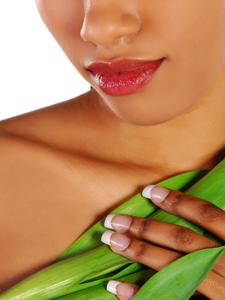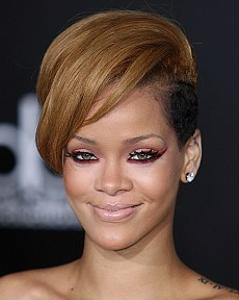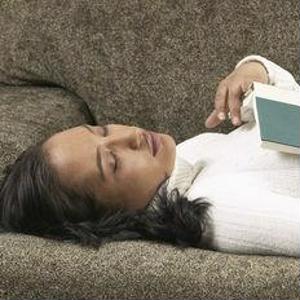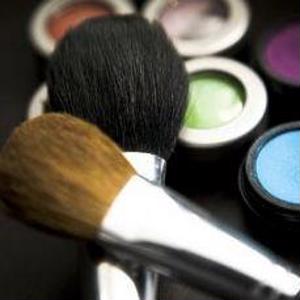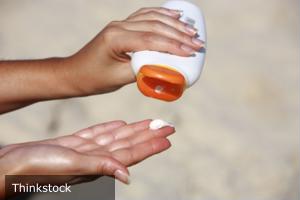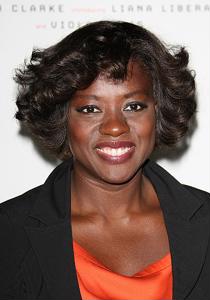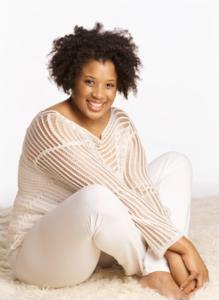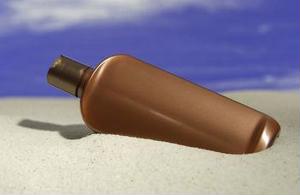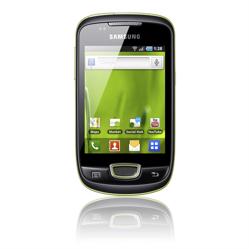 |
||||
Summer is over, hopefully you have been using sunscreen to protect your African American skin from the sun's UV rays. According to the Skin Cancer Foundation, you should learn the warning signs of skin cancer, but not everyone knows which moles or spots to be worried about and which ones are normal.
Luckily, a free smartphone app developed at the University of Michigan Health System allows people to photograph suspicious moles or other skin lesions and then walks them step-by-step through a skin self-exam.
"Whole body photography is a well-established resource for following patients at risk for melanoma. However, it requires a professional photographer, is not always covered by insurance, and can be an inconvenience. Now that many people have digital cameras on their phones, it's more feasible to do this at home," said researcher Michael Sabel, M.D.
If you're not sure if you have a high chance of developing skin cancer, the app also includes a risk calculator that allows you to input your personal data and calculate your risk.








